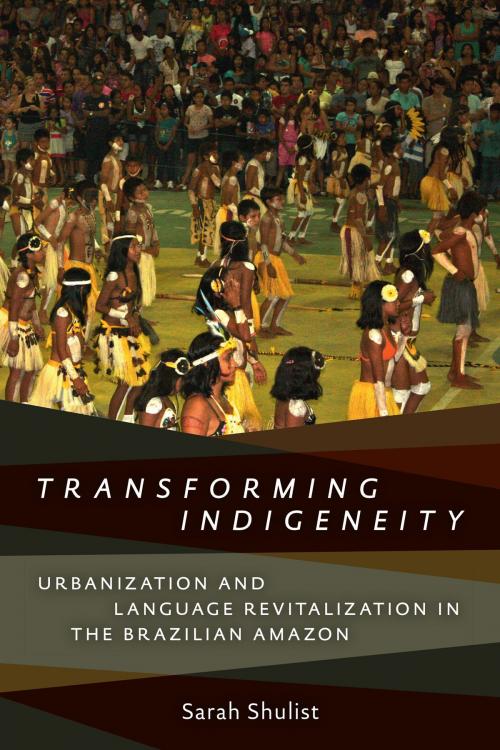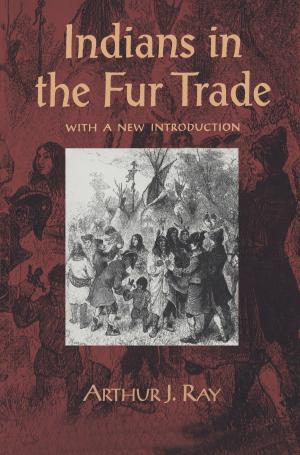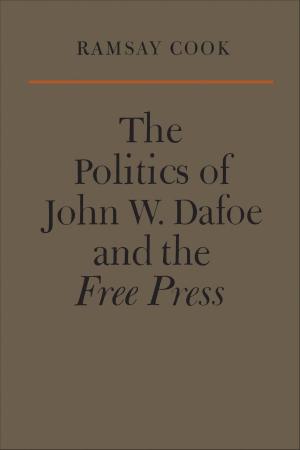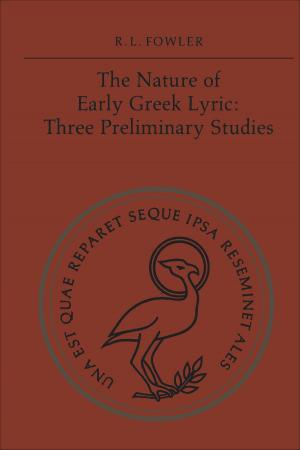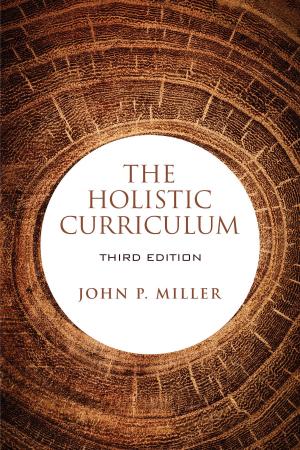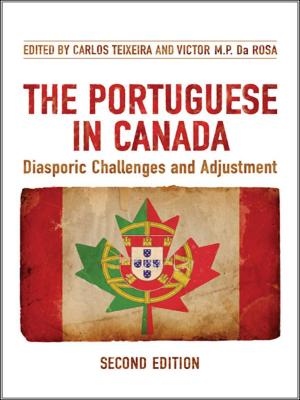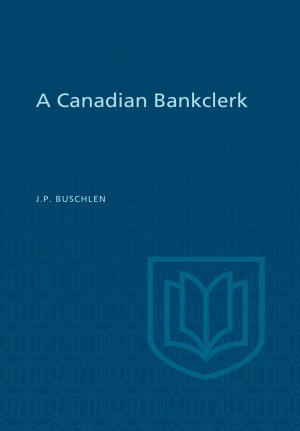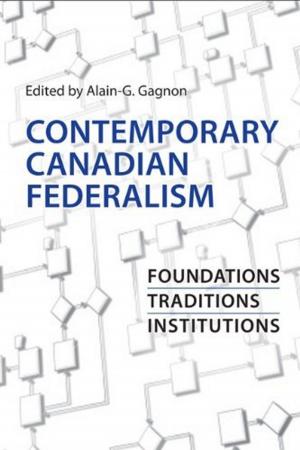Transforming Indigeneity
Urbanization and Language Revitalization in the Brazilian Amazon
Nonfiction, Reference & Language, Foreign Languages, Native American Languages, Social & Cultural Studies, Social Science, Cultural Studies, Ethnic Studies, Anthropology| Author: | Sarah Shulist | ISBN: | 9781487516215 |
| Publisher: | University of Toronto Press, Scholarly Publishing Division | Publication: | March 1, 2018 |
| Imprint: | Language: | English |
| Author: | Sarah Shulist |
| ISBN: | 9781487516215 |
| Publisher: | University of Toronto Press, Scholarly Publishing Division |
| Publication: | March 1, 2018 |
| Imprint: | |
| Language: | English |
Transforming Indigeneity is an examination of the role that language revitalization efforts play in cultural politics in the small city of São Gabriel da Cachoeira, located in the Brazilian Amazon. Sarah Shulist concentrates on how debates, discussions, and practices aimed at providing support for the Indigenous languages of the region shed light on both global issues of language revitalization and on the meaning of Indigeneity in contemporary Brazil.
With 19 Indigenous languages still spoken today, São Gabriel is characterized by a high proportion of Indigenous people and an extraordinary amount of linguistic diversity. Shulist investigates what it means to be Indigenous in this setting of urbanization, multilingualism, and state intervention, and how that relates to the use and transmission of Indigenous languages. Drawing on perspectives from Indigenous and non-Indigenous political leaders, educators, students, and state agents, and by examining the experiences of urban populations, Transforming Indigeneity provides insight on the revitalization of Amazonian Indigenous languages amidst large social change.
Transforming Indigeneity is an examination of the role that language revitalization efforts play in cultural politics in the small city of São Gabriel da Cachoeira, located in the Brazilian Amazon. Sarah Shulist concentrates on how debates, discussions, and practices aimed at providing support for the Indigenous languages of the region shed light on both global issues of language revitalization and on the meaning of Indigeneity in contemporary Brazil.
With 19 Indigenous languages still spoken today, São Gabriel is characterized by a high proportion of Indigenous people and an extraordinary amount of linguistic diversity. Shulist investigates what it means to be Indigenous in this setting of urbanization, multilingualism, and state intervention, and how that relates to the use and transmission of Indigenous languages. Drawing on perspectives from Indigenous and non-Indigenous political leaders, educators, students, and state agents, and by examining the experiences of urban populations, Transforming Indigeneity provides insight on the revitalization of Amazonian Indigenous languages amidst large social change.
